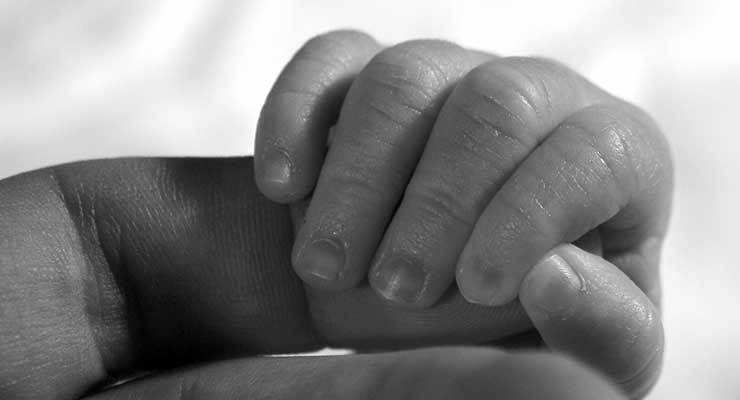A recent courageous decision from the English Court of Appeal indicated that courts nowadays can be prepared to take a robust stance in child contact cases when the parent with whom the children live refuses to obey Contact Orders.
 In the case which is known merely as “In the matter of B (a child)” in the latter half of last year the child, only 3 years old, lived with her mother although there was reasonably frequent non-residential contact by the father. The mother and father had separated very shortly after the birth of the child.
In the case which is known merely as “In the matter of B (a child)” in the latter half of last year the child, only 3 years old, lived with her mother although there was reasonably frequent non-residential contact by the father. The mother and father had separated very shortly after the birth of the child.
According to the Judge’s note there had been more or less constant litigation through most of the child’s life. This had included 17 court hearings over a 2 year period. This was in the context that the mother agreed that the daughter had a good relationship with the father. The dispute was in relation to residential contact.
According to the Judge’s note there had been more or less constant litigation through most of the child’s life.
The court ordered that there should be single nights of residential contact but that the pattern should move to 2 nights and then to 3. The mother then began to say that the child was being upset at the residential contact and said that she would refuse to allow any more of it. She produced a two minute video of the child, taken in nine segments following three separate periods of residential contact. The mother relied upon this evidence to say that the child was distressed by that contact but this evidence was rejected by the Judge. There was some dispute about whether these videos had been made before or after contact.
The mother continued to oppose residential contact and then when the holiday contact over Easter 2014 was about to happen the mother filed a statement in court saying that she would not comply with it. The case came before the court but the mother did not turn up and due to the court timetable it was impossible for the court to take any further action before the Easter break.
When the case came back to court the mother again said that if she felt that contact was against the child’s best interests then she would refuse to obey the court. The mother had not contacted any health professionals in relation to the child’s alleged distress. The mother’s own mother did not support her own daughter’s position. The Judge then lost patience with the mother’s attitude and took a strong line in response.
The only answer left for the Judge in this case was to change the residence of the child from the mother to the father because the mother had made it clear that she would not obey the Orders of the court in relation to contact. The mother predictably appealed but Lady Justice Black refused permission to appeal any further.
The courts are more willing to take a firm grasp of the circumstances if they are faced with a parent who is convinced that he or she knows better.
In Scotland the courts are also adopting a more robust attitude. We commented earlier about a Scottish case in 2011 in which the court actually sent the mother to prison for contempt of court for failing to obey court orders about contact. The judge realised that the children would be deprived of their mother while she was in prison, which could be contrary to the children’s best interests but said that this factor, while important, was not the primary consideration.
The circumstances of these two cases were more extreme than usual, although some features are not at all uncommon. What is clear is that the courts are more willing to take a firm grasp of the circumstances if they are faced with a parent who is convinced that he or she knows better.






